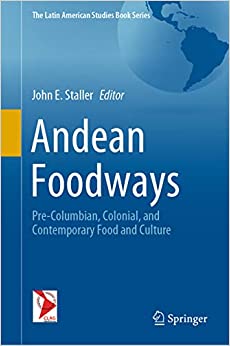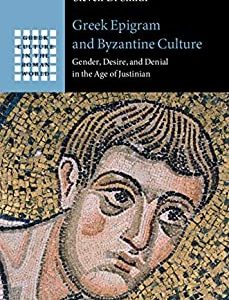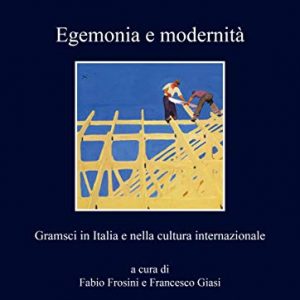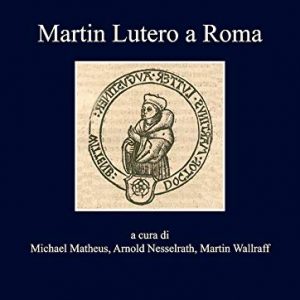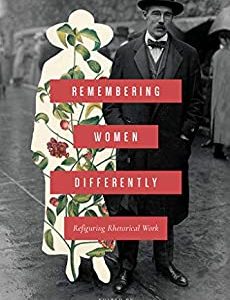There is widespread acknowledgement among anthropologists, archaeologists, ethnobotanists, as well as researchers in related disciplines that specific foods and cuisines are linked very strongly to the formation and maintenance of cultural identity and ethnicity. Strong associations of foodways with culture are particularly characteristic of South American Andean cultures. Food and drink convey complex social and cultural meanings that can provide insights into regional interactions, social complexity, cultural hybridization, and ethnogenesis. This edited volume presents novel and creative anthropological, archaeological, historical, and iconographic research on Andean food and culture from diverse temporal periods and spatial settings.
The breadth and scope of the contributions provides original insights into a diversity of topics, such as the role of food in Andean political economies, the transformation of foodways and cuisines through time, and ancient iconographic representations of plants and animals that were used as food. Thus, this volume is distinguished from most of the published literature in that specific foods, cuisines, and culinary practices are the primary subject matter through which aspects of Andean culture are interpreted.

